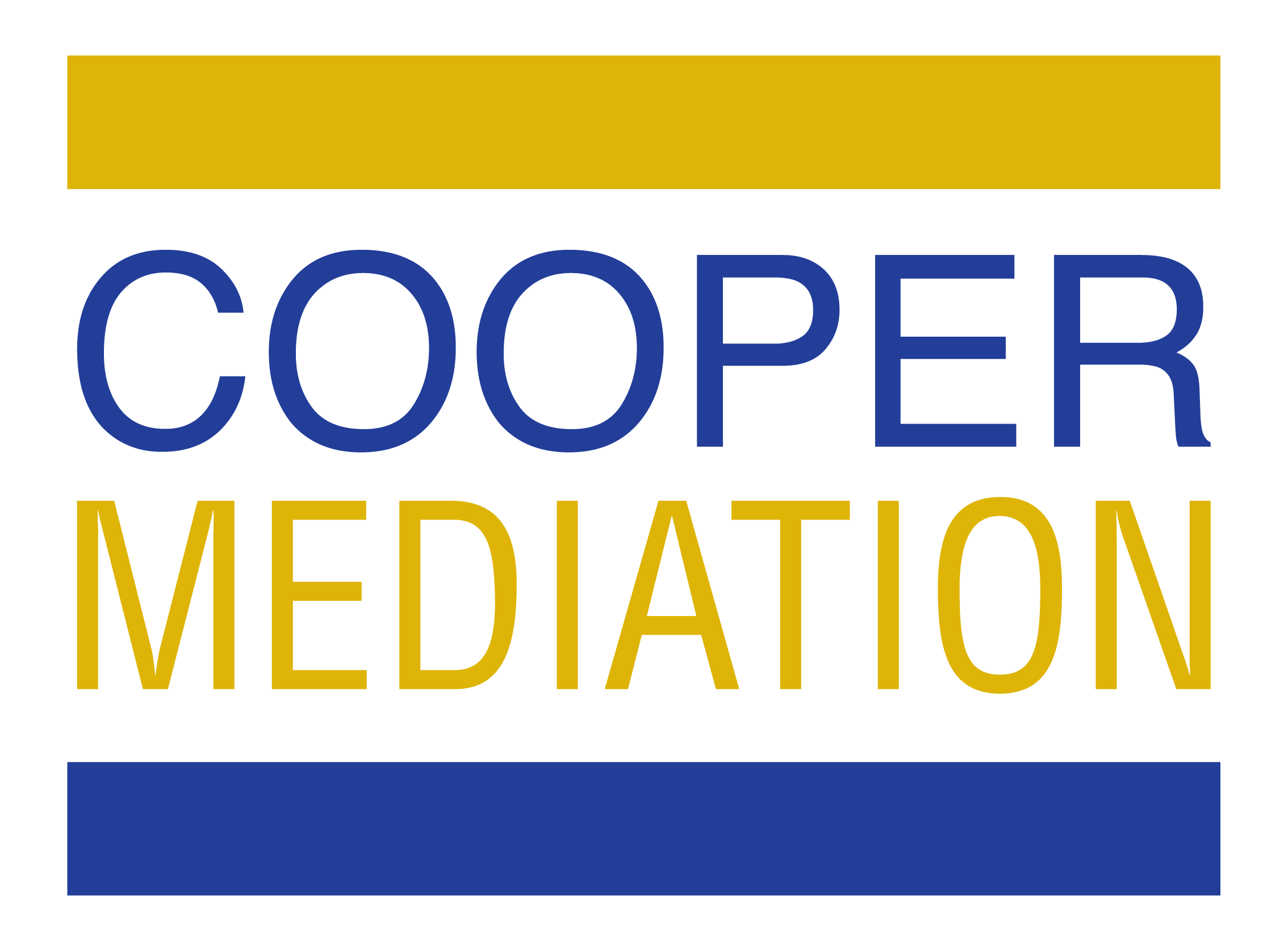
28 Jun Do You Need a Mediator?
Dispute resolution is not restricted to the human world. We have heard the expression “it’s a dog eat dog world”. In fact, this phrase originates from a Latin phrase which translates to “dogs do not eat dogs”. This implies that only people driven by survival instincts in extreme circumstances resort to cannibalistic, sub-canine behaviour. Over time, the phrase has been twisted to describe fierce, ruthless competition. A classic example is competition in a sales environment where everyone is trying to beat out their co-workers to make the most sales, even at the expense of unethical, immoral or illegal behaviour.
Sometimes, dogs do appear to be on the verge of eating one another as the picture demonstrates. Each dog has its teeth bared; each dog thinks they have the first or the best right or claim to the ball; neither dog appears willing to give an inch. There is an impasse which requires intervention and assistance to attempt to de-escalate and resolve the dispute.
In this blog post, I will discuss some of the reasons you may need a mediator to help settle a dispute and how an experienced mediator can use their skill and training to help participants break down barriers and move forward to a mutually agreeable resolution.
When Someone Else Thinks You Need A Mediator
If you live in Toronto, Ottawa or Windsor, whether you believe you need, or even want, a mediator, you may be instructed to get one anyway. The provincial government has made it mandatory to enlist the services of a mediator to help resolve civil (non-family) cases prior to going to trial. In these jurisdictions, Rule 24.1 of the Rules of Civil Procedure establishes mandatory mediation and Rule 75.1 brings contested estates, trusts and substitute decision matters within mandatory mediation.
In a mandatory mediation, parties must agree on selecting a mediator (from the OMMP’s roster or a private-sector mediator who is not on the roster) within 30 days or they will have one appointed by the Local Mediation Co-ordinator.
Although mediation is mandatory in these cities, the benefits of trying to mediate a dispute before it gets to court is popular province-wide. Participants in a mandatory mediation who may be skeptical have learned that these kinds of discussions can be fruitful. Even if a settlement is not reached at mediation, the session will offer greater clarity about each party’s position and reasoning prior to testing arguments in court.
Why Would You Want A Mediator?
If you do have a choice about mediation, why would you want one? Wouldn’t it be easier and faster to simply proceed directly to court? Not necessarily.
First, a case winding its way through the court system can take years to resolve. Mediation can begin almost immediately and may ultimately result in a resolution long before an action would be heard in a court. In addition to saving you precious time, mediation can drastically reduce the legal costs to settle a case. Even if you believe you might “win” at court and come away with a better result, court costs can significantly impact what you will ultimately receive or pay. Moreover, the emotional toll of years of uncertainty may enter into your cost/benefit analysis.
Second, mediation is private. We live in an age where social media encourages us to make our lives open for all to see. Many of us still value our privacy. Mediation offers an alternative means to making public declarations and disclosure in court.
Third, mediation has the potential to allow everyone to come away feeling they are a winner, or at least in control of a situation, if they can mutually agree to a resolution. When a case proceeds to court, participants cede their ability to contribute to the ultimate decision beyond presenting arguments to a judge or jury.
Fourth, unlike judges or jury members who may not have knowledge of or skill in a particular area of law, parties who agree on a mediator may be able to select one who has experience that will aid in constructively directing discussions.
Do You Need A Mediator?
Unless you are required to participate in mandatory mediation, ultimately only you can decide if you need a mediator. If you feel as though you are trapped in an unhappy situation like those two golden retrievers and you’re wondering if there might be a third party who could help you work your way through, an experienced mediator may be just what you need.
A skilled and experienced mediator will be able to bring ideas, concepts and approaches to the table that can substantially reframe the way people see themselves, their case and an opposing party. As a neutral third party, a mediator is uniquely placed to build connections with parties and between parties, highlight areas of potential agreement or compromise, clarify contentious issues or positions and realistically evaluate risk.
While a mediator can’t guarantee a mutually agreeable resolution to your dispute, he or she can assist in fostering the conditions to make such a resolution happen if it’s at all possible.
ABOUT THE AUTHOR
 Vance Cooper is principal of Cooper Mediation Inc. Vance devotes 100% of his professional time to mediating and arbitrating primarily personal injury and insurance cases. He serves as an arbitrator in loss transfer and priority disputes under the Insurance Act.
Vance Cooper is principal of Cooper Mediation Inc. Vance devotes 100% of his professional time to mediating and arbitrating primarily personal injury and insurance cases. He serves as an arbitrator in loss transfer and priority disputes under the Insurance Act.
Vance can be reached at vance@coopermediation.ca or (647) 777-4011.
To schedule a mediation with Vance, visit: http://coopermediation.ca/vances-online-calendar/.
